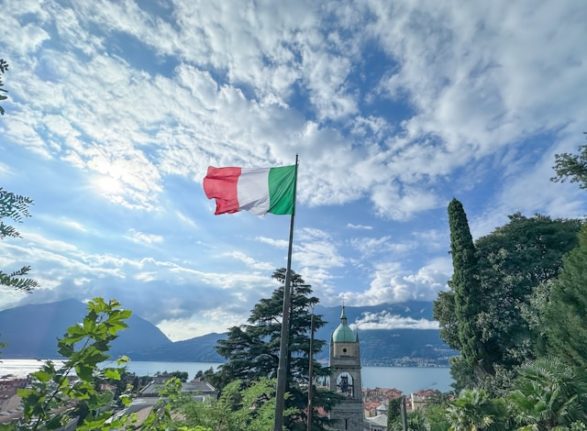After a two-year wait, Italy last week published the implementation decree which sets out the terms and requirements for its digital nomad visa.
But the government made no announcements about the decree, or what it means for would be applicants, and the text itself doesn’t specify a start date from which the visa officially becomes available.
So is it actually possible to apply yet? This is one question many would-be applicants have been asking in The Local’s Living in Italy group on Facebook.
Q&A: Your questions answered about Italy’s digital nomad visa
The answer appears to be yes, for some – but it depends on the consulate
The digital nomad visa law came into force as of the latest decree’s publication, meaning applicants can now make an appointment with the Italian consulate in their country at which they’ll need to file the paperwork.
READ ALSO: ‘Finally!’: Excitement and doubt as Italy confirms new digital nomad visa
Several of The Local’s readers have already booked their appointments. One reader in Philadelphia said they have an appointment confirmed in May.
However, another reader told us they were unable to book an appointment at the Miami consulate, where they were told: “For digital nomad visas, we have not yet received any information. Therefore you cannot apply yet for this type of visa.”
If your nearest consulate does allow you to apply, you’ll also need to check with them which documents are required, and get hold of the correct visa application form ahead of the appointment. The forms and the procedure for filling them out can differ by consulate.
You can find a guide to the application process and requirements here, and we’ve answered more readers’ questions about how the digital nomad visa works in our Q&A.
Are you planning to apply for Italy’s digital nomad visa? We’d love to hear from you. Get in touch with us by email or in the comments section below if you’d like to share your experience.




 Please whitelist us to continue reading.
Please whitelist us to continue reading.
Member comments